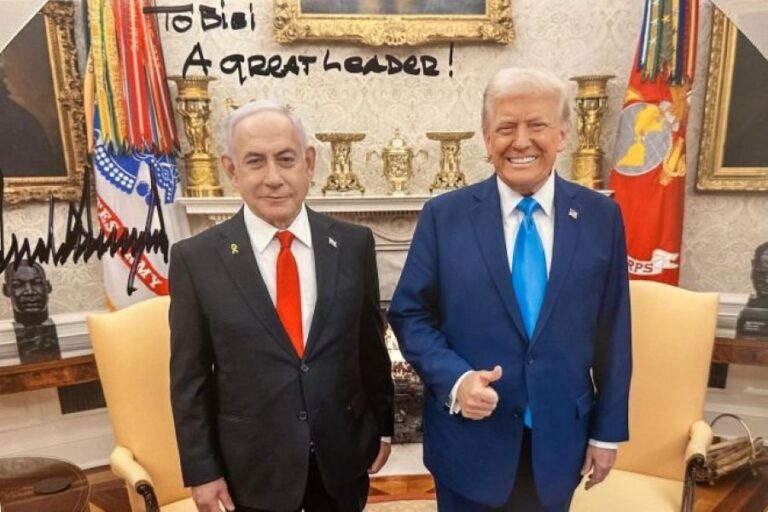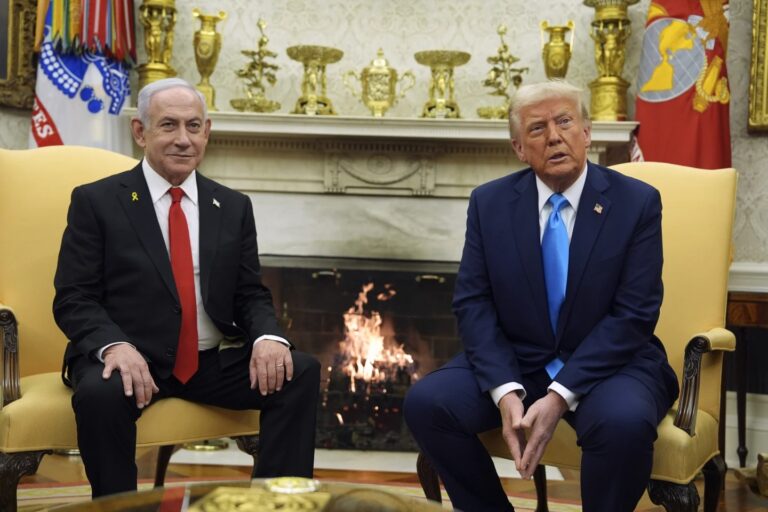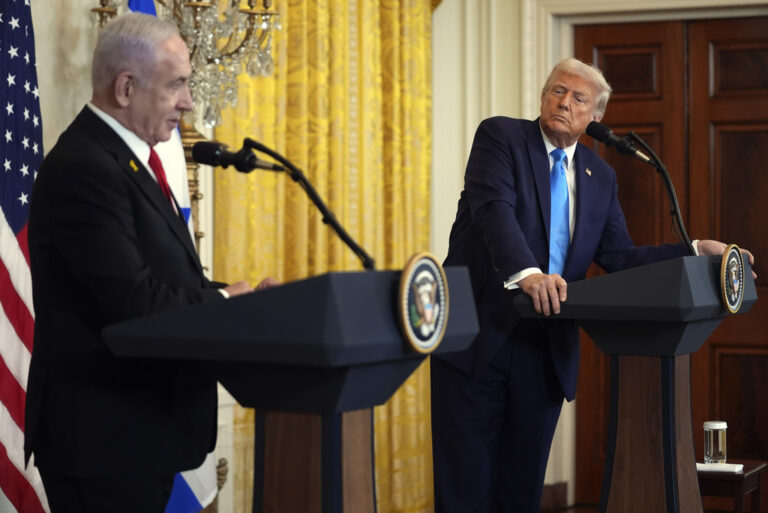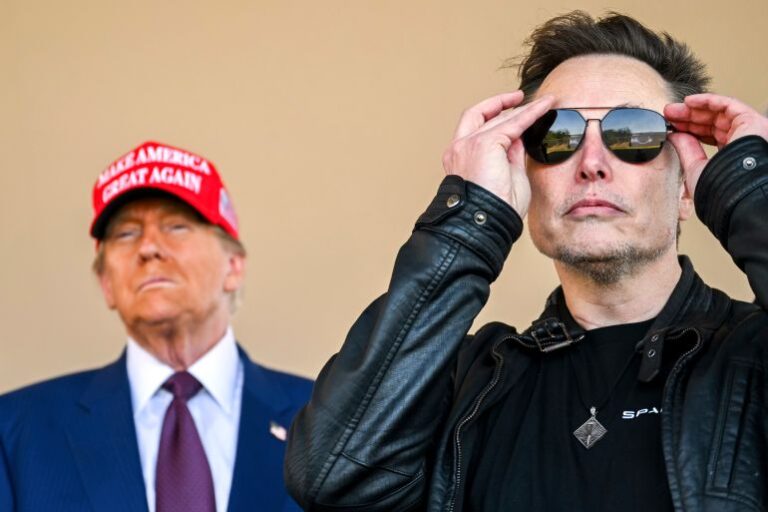Reuters: Pope Benedict has decided to open all Vatican archives from 1922 to 1939, giving new insight into what the Catholic Church knew and did as Europe saw the rise of Nazism in Germany and the Spanish Civil War.The Vatican said on Friday it would open its central files, known as the Secret Archives, and files of its Secretariat of State for the pontificate of Pope Pius XI on September 18.
In a short announcement, it said the opening would “make available for historical research … all documentary sources until February 1939 that are stored in different series of the Archives of the Holy See.”
“The part of the archives likely to provide new insight is that regarding Spain,” said a Vatican source who asked not to be named. The Church was linked to the Nationalist forces of General Francisco Franco in the 1936-1939 civil war.
Historians have long pressed the Vatican to open its wartime archives to answer questions about what it knew about the Nazi slaughter of Jews in Europe. Critics accuse Pope Pius XII of failing to help save Jews, a charge his supporters deny.
But the Vatican usually opens archives papacy by papacy, and Cardinal Eugenio Pacelli was elected pope in February 1939.
CATHOLIC-JEWISH SORE POINT
Under pressure to counter criticism from historians and Jewish groups, the Vatican published selected files concerning its pre-war relations with Germany, including correspondence from Pacelli when he was papal ambassador in Germany, in 2003.
It said more organisational work had to be done in the archives before the rest of the files could be opened.
Another Vatican source, who also requested anonymity, said the newly accessible files would include documents about the Nazis but that most information on the Vatican’s relations with Germany had already been published.
The archives issue remains a sore spot for Catholics and Jews because many Jewish historians believe Pius turned a deaf ear to reports about the Holocaust.
A rabbi confronted Pope Benedict with a call for the opening of all wartime archives when the German-born Pontiff visited his synagogue in Cologne last August.
“For us, a complete opening of the Vatican archives covering the period of World War Two, sixty years after the end of the Shoah (Holocaust), would be a further sign of historical conscience and would also satisfy critics,” Rabbi Abraham Lehrer said.
“You grew up in Germany during a terrible time,” he told Benedict during the first papal visit to a synagogue in Germany. “We not only see in you the head of the Catholic Church but also a German who is aware of his historical responsibility.”










